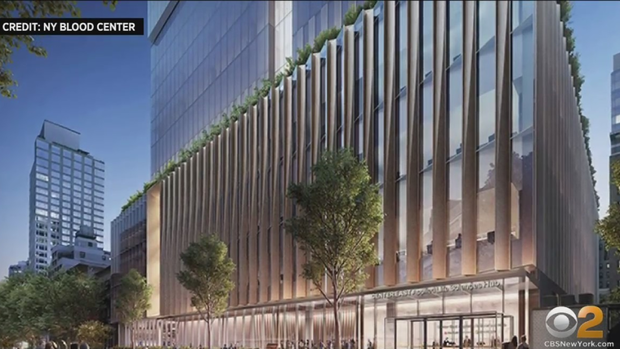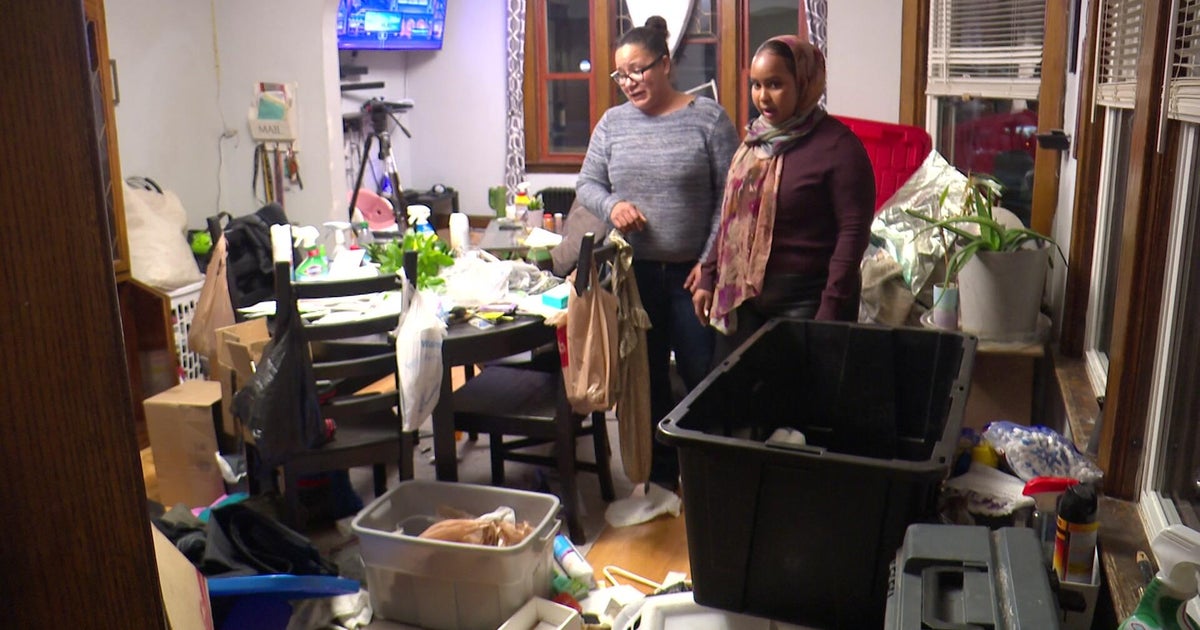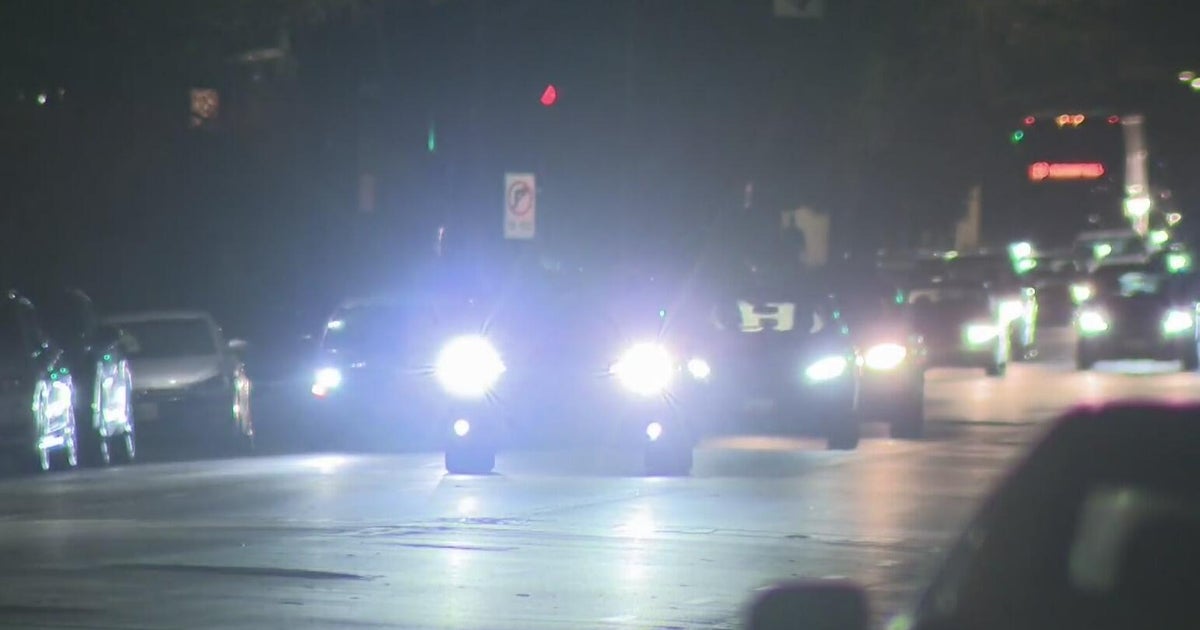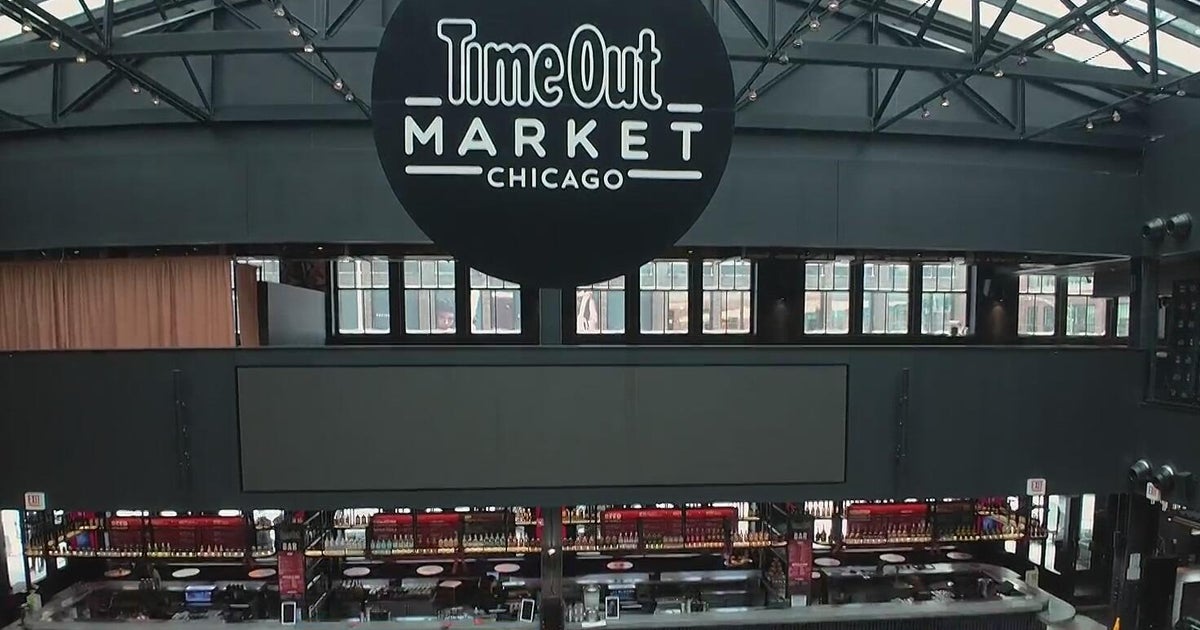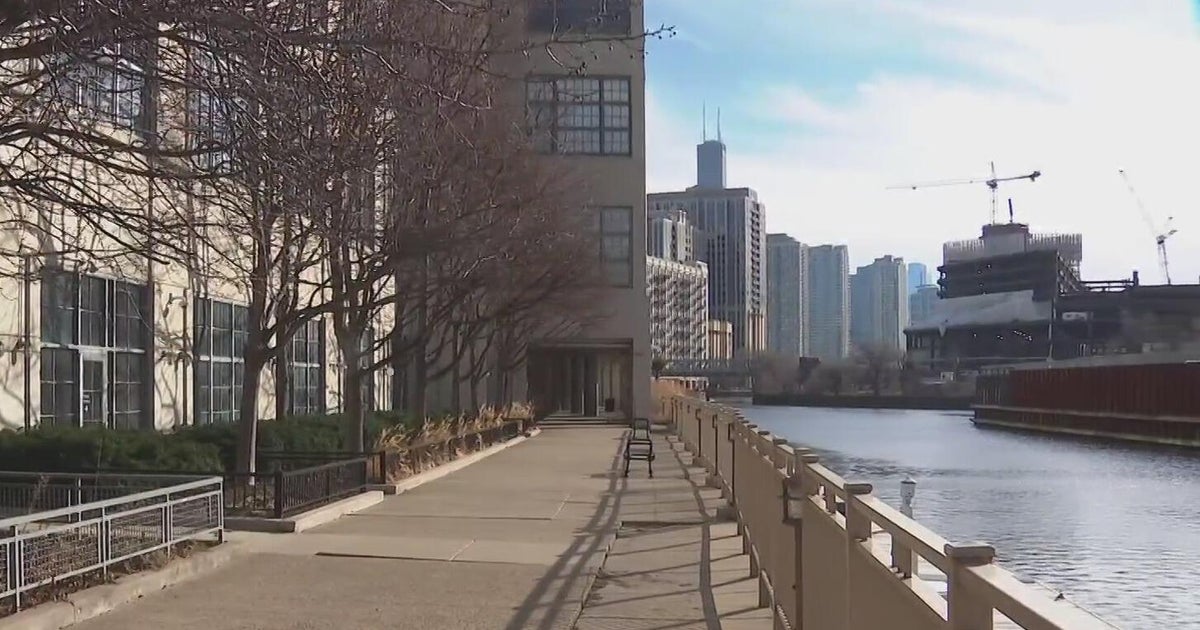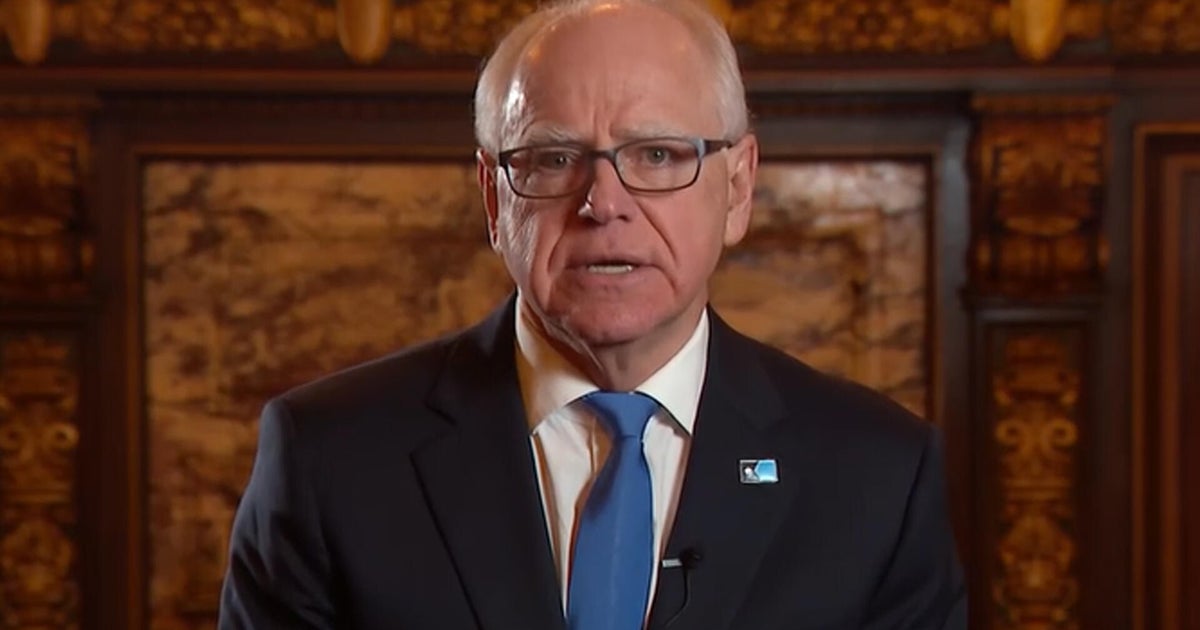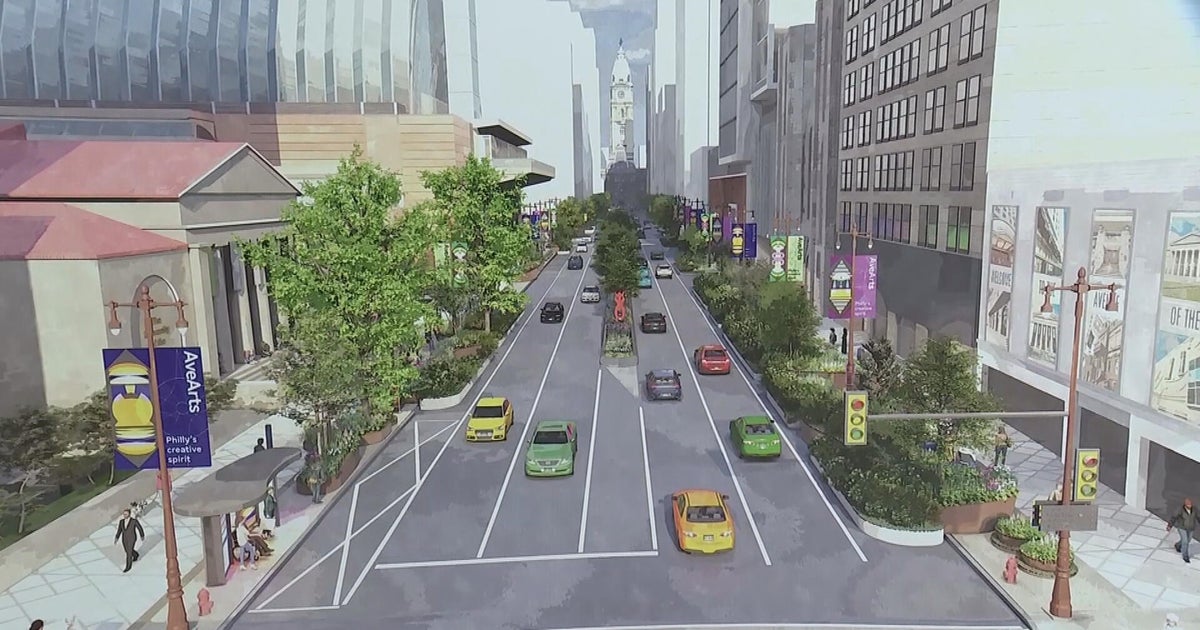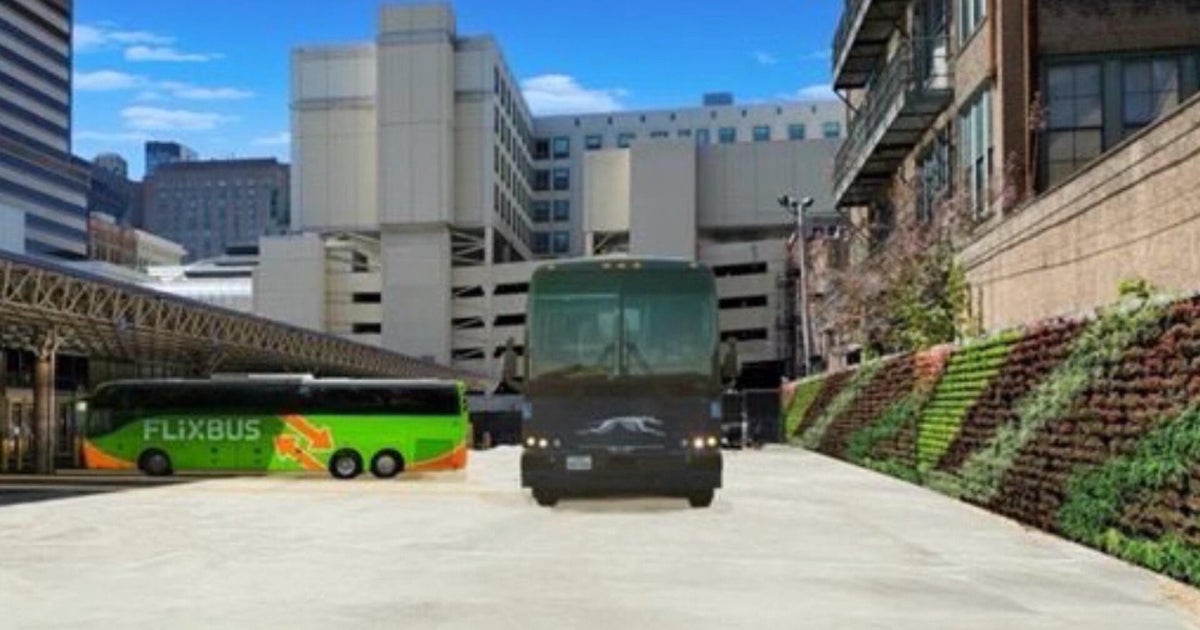New York Blood Center Looks To Expand With Eye On Future; Neighbors Say Not So Fast
NEW YORK (CBSNewYork) -- The New York Blood Center is planning a big expansion on the Upper East Side.
The organization hopes to build a large tower, which it says would be a key part of the city's future pandemic response infrastructure. However, several neighbors say not so fast.
The Blood Center wants to turn a three-story white building constructed in 1930 into a 16-story state-of-the-art life science campus.
"I was shocked," Upper East Side resident Ellyn Berk told CBS2's Andrea Grymes. "Once the building goes up, the shadows, the traffic, the danger of medical waste."
Berk is one of several neighbors voicing concerns about the project. They showed Grymes a rendering they developed of the proposal in their residential area.
The Blood Center is located mid-block on East 67th Street, with another entrance on 66th Street.
The center is asking the city to rezone the site to expand higher than the roughly six to seven stories currently allowed. That's been the mid-block max there for the last 35 years.
"This project would be the first rezoning that would kind of start to undo this basic toolbox of land use tools that are in place to preserve the character of the neighborhood," said Rachel Levy, of Friends of the Upper East Side.
The Blood Center says it would occupy the first five floors, including new research labs. The upper floors would house, "research institutions and innovative biotechnology companies" working "under one roof to advance drug development and cures for diseases."
"It's just insanity to have that there," Upper East Side resident Marty Bell said.
In a statement, the Blood Center said in part it "is committed to working with the community to bring this proposal to the Upper East Side. Local residents' input is important to us and we are having many productive conversations with stakeholders."
"If this precedent is given, this mid-block rezoning, no neighborhood in New York is safe," said Berk.
The Blood Center hopes to begin construction next year, with an estimated completion in 2026.
The City Planning Commission and, ultimately, the City Council will decide whether to approve zoning changes.
